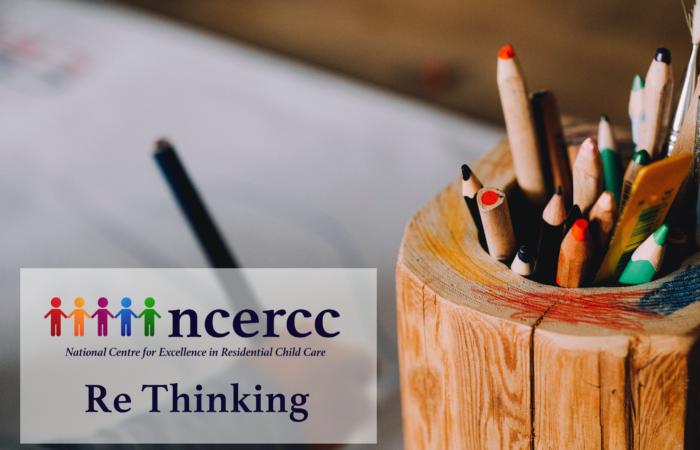
Sufficiency then efficiency.
This piece follows thinking from Calum Webb. We have extracted and linked and reordered. As ever with NCERCC we advise readers to go to source material calumwebb: Sufficiency is more important than efficiency if you want to improve public services
Facing our current economic situation the question of sufficiency of resources has never been more important.
It doesn’t matter how efficient we are when having insufficient resources means there is little chance of surmounting the obstacles to achieve the objectives.
Sufficiency of resource is a pre-requisite to achieving an objective and identifying the efficiency of one approach over another.
If our focus is on improving efficiency, we should also be mindful that we risk misdiagnosing a fault in the system as a fault in the approach when working in contexts of insufficient resources.
First we must ensure the best quality of life, then we can worry about optimising what we do.
“But we have to make sure that we’re using the most effective services with the best quality evidence”.
Measuring “best quality evidence” and “effectiveness” are problematic.
There is something fundamentally wrong to focus first on efficiency.
You need to go to Calum Webb’s blog to see the graphics (about the cats and ladders …)
A Sufficient resources compensate for inefficiency.
B Using resources in the most efficient way possible. We don’t need to allocate more resources to achieve our objectives
C and D – neither have sufficient resources.
When there are insufficient resources how do you measure efficiency (and value for money)? An uplift of resources alone will not bring efficiency. Change is needed, to thinking and funding.
Sufficient resources can only reach an objective if they are being used correctly.
If you throw more resources at doing the wrong thing you will only end up doing it more wrongly.
“If you are doing the wrong thing then doing it better makes it wronger, not righter”
Kathy Evans first heard this from Simon Caulkin who, in turn, credits it to systems theorist Russell Ackoff.
Ackoff is credited in Caulkin’s article as saying:
“When we make a mistake doing the wrong thing and correct it, we become wronger. When we make a mistake doing the right thing and correct it, we become righter. Therefore, it is better to do the right thing wrong than the wrong thing right.”
Doing the right thing – What should we focus on when it comes to improving public services?
1. Is what we’re doing right?
Are we doing things that are moving us in the right direction, towards our objective? If not, it won’t matter how efficient we are or how sufficient our resources are, because they’ll just take us further away from our goal.
2. Is it insufficiency of resources holding us back, or lack of efficiency?
Do we actually have enough resources to translate us doing the right thing into a meaningful outcome? Even if we made what we are doing more efficient, would our resources be enough to translate that into real change?
3. Can what we are doing be made more efficient?
If we’re doing the right thing, and we have enough resources for it to reach a meaningful objective, can we make it any more efficient?
We cannot get to 3 without going through 1 and 2.

